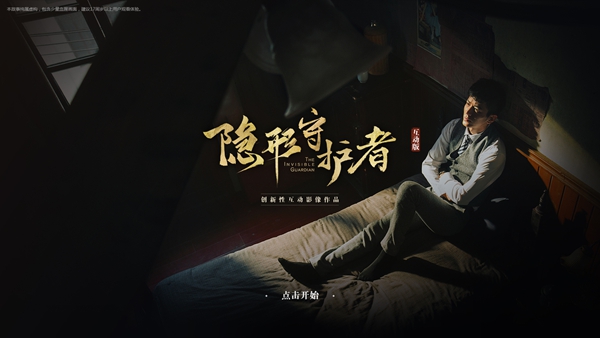Game set in the past makes history
By Li Yingxue | China Daily | Updated: 2019-11-13 08:01

Heroes behind the scene
Set in 1939 during the War of Resistance Against Japanese Aggression (1931-45), the game's lone player is a student named Xiao Tu, who had just finished his studies in Japan and returned to Shanghai as an underground Communist agent using the cover of a journalist.
Multiple tasks and choices need to be made by Xiao-the player-during the underground work in the 10-chapter game, with each decision affecting both his and the ending of other roles.
Adapting the story was a monumental task for Guan's team. Unlike linear stories for films, the game needs multiple scenarios.
"We have over 100 endings for game players, but because the role is an underground agent, most of the endings see the player being exposed and getting killed," says Guan. "In the limited happy endings, there's one in which you can live to an old age and you will find a huge secret in the end, a secret that clears up a previous misunderstanding."
They took half a year to adapt the original 80,000-word story, Guan says, to a script of 300,000 words. "It's much more work than writing and shooting a 90-minute film," she recalls.
It then took two more months for the team to shoot 800 minutes of footage with 100-odd endings for the game. After the shooting, postproduction work and test runs carried on for a year.
"In a film, the director is leading the audience to convey his or her feelings. But in an interactive film, you, the viewer, instead of being the spectator, become the lead role-not only can you decide the direction of your own fate but also how your decisions will affect the destiny of other roles," Guan says.
Around every two minutes, there will be an interaction for the player, whether in dialogue or to make a move or a decision that will lead to different scenarios. There are also puzzles to solve when the player is in a secret room.
Guan is now looking for her next interactive film game and after winning the BAFTA Breakthrough China she is aiming for a global audience.
According to BAFTA's website, Guan and other winners will receive a yearlong program of support from BAFTA, as well as offered connections and opportunities within the British creative industries, including sharing expertise with their British peers and learning from British practitioners.
Schuneman, a two-time BAFTA winner, is a passionate games creator who has been making them for more than two decades.
"Guan's project is super interesting because it's a crossover between film, gaming and interaction, and has been very successful in China," Schuneman says. "It's good for her to be able to go to tell that story now on a global stage."
























